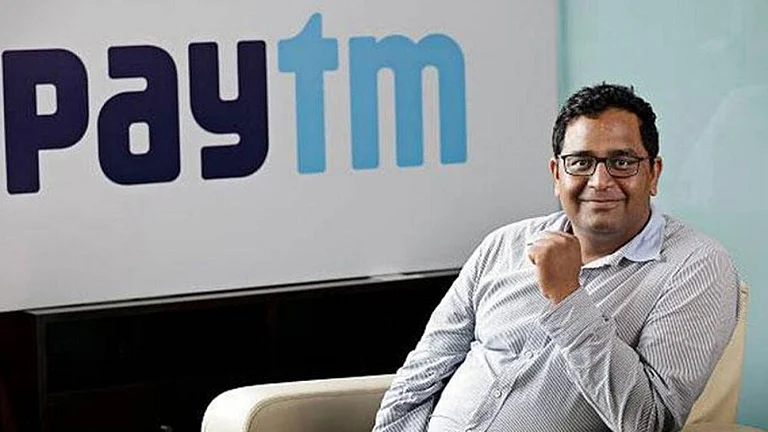India must now settle for becoming the “use case capital” of AI rather than its creator, as per Paytm founder Vijay Shekhar Sharma. India’s ambition to build foundational AI may no longer be realistic, he added, pointing to the high entry costs and lack of global infrastructure.
India Must Settle for Being the AI Use Case Capital, Says Vijay Shekhar Sharma
Paytm founder Vijay Shekhar Sharma said that India’s ambition to build foundational AI may no longer be realistic, while pointing to the high entry costs and lack of global infrastructure
“I always wanted India to have our own AI. The sadness is that the entry ticket of an employee is $100 million dollars. Which is completely routed from here,” said Sharma at the Shiprocket Shivir 2025.
Acknowledging the growing gap between India and the global AI ecosystem, Sharma pointed to limited access to capital and globally competitive talent as key roadblocks. “The logic of building in India and selling locally won’t work, global talent will move where the opportunity is,” he said.
Sharma noted that while building large foundational models may be out of reach, India can still contribute through small language models and locally driven applications.
Still, Sharma believes India can lead in creating highly relevant, use-case driven models tailored to local needs. He emphasized that India’s strength will lie in applying AI at scale to solve unique problems for its diverse population, even if it cannot build foundational large language models.
As part of that vision, Sharma unveiled a new AI-powered pilot project at Paytm: passbooks that rap. Inspired by his passion for music, he said the company is experimenting with AI-generated rap songs summarizing users’ monthly spending. The idea is to make digital interactions more engaging, especially for younger users. “The AI writes lyrics, generates music, and lets users choose the genre. It’s our reimagined version of a password,” he explained.
Tracing the evolution of technology over the decades, Sharma highlighted how every new wave, from chips in the 1970s to PCs, operating systems, browsers, apps, and now AI, builds upon the last. At the foundational level, companies like semiconductor manufacturers continue to generate solid free cash flow, while application-layer companies are increasingly valued for their growth potential.
He also spoke about how technology is helping small businesses close the gap with larger players. With finite product categories and defined geographic footprints, SMEs can now leverage AI and automation to match the operational capabilities of big retailers. “Every small should have the ambition of large. And large should look beyond India. We must aim to dominate global markets,” Sharma said.
Looking back at the early years of India’s startup ecosystem, Sharma recalled the constant comparisons with global tech giants. “People used to ask where is India’s Google or Facebook? I didn’t want to build India’s PayPal. I wanted to build Paytm,” he said. Sharma stressed that India doesn’t need to replicate foreign models, instead, it should focus on creating original, world-class companies that can lead globally.

